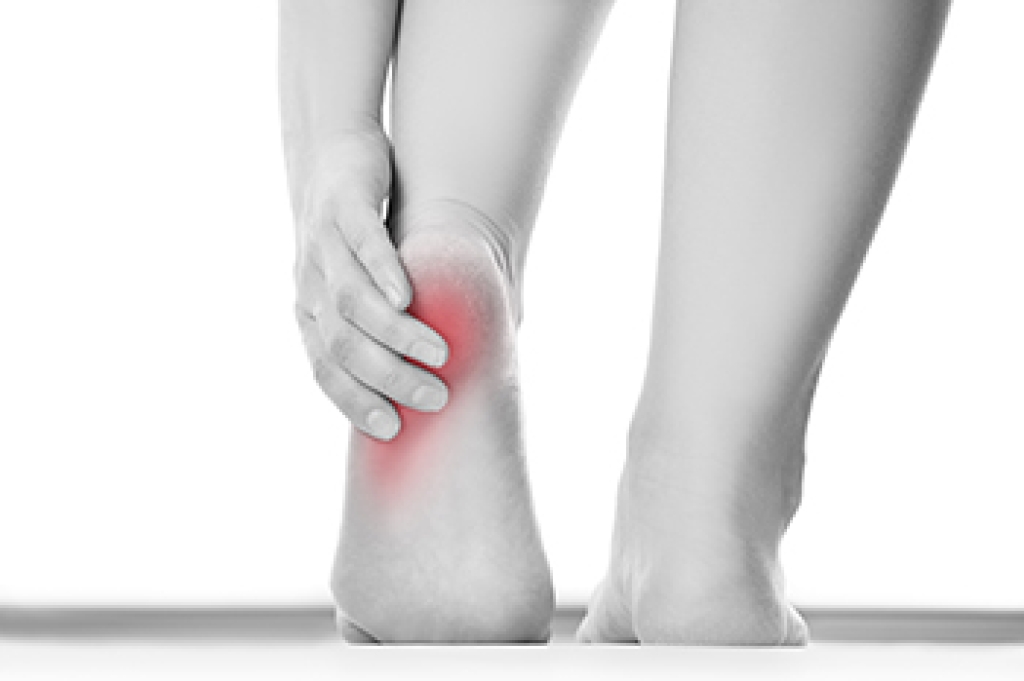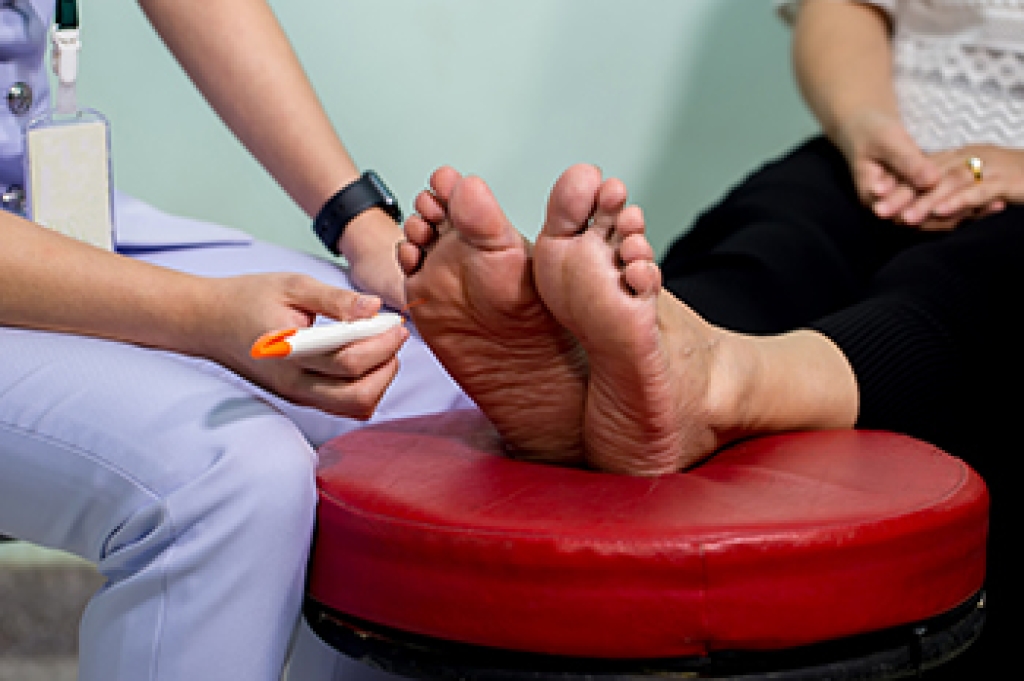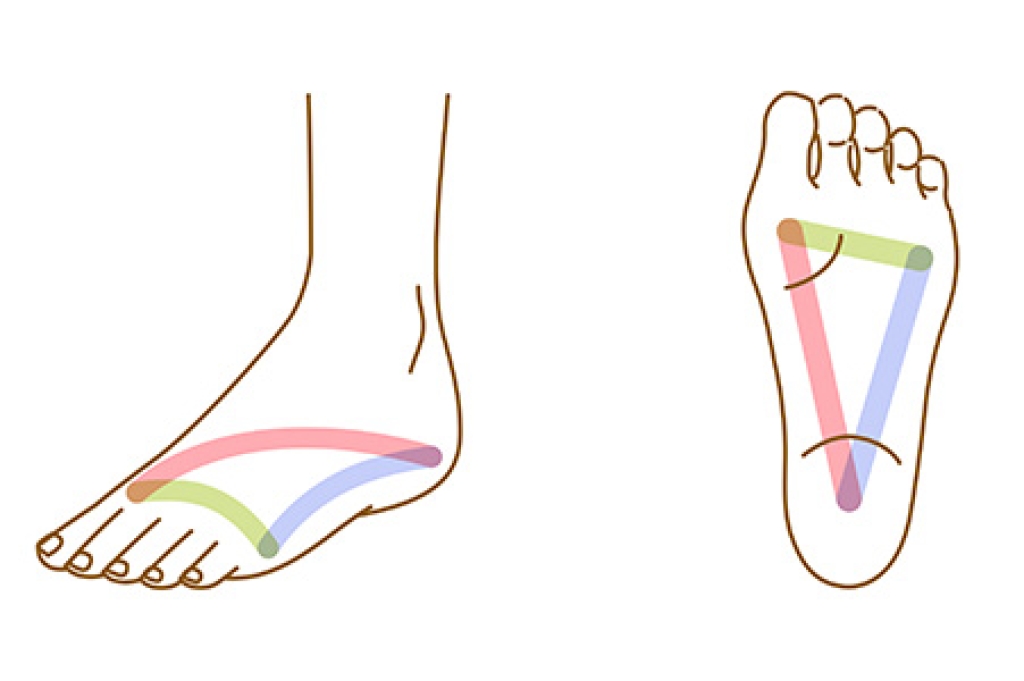
Bursitis of the heel occurs when a small fluid filled sac near the Achilles tendon becomes irritated, often from pressure, repetitive rubbing, or increased activity. This irritation can cause a deep ache at the back of the heel, along with swelling, warmth, or tenderness when wearing shoes with a stiff heel counter. Some people feel sharper pain when rising onto the toes or after long periods of standing. Rest and changes in footwear may ease the discomfort, but persistent symptoms often need more directed care. A podiatrist can examine the area to confirm the source of the pain, recommend supportive shoes or padding, and offer treatments that reduce inflammation. In some cases, imaging or targeted therapies may be used to calm the irritated tissue. If your heel pain continues to interfere with daily comfort, it is suggested that you see a podiatrist for effective relief and treatment solutions.
Many people suffer from bouts of heel pain. For more information, contact one of our providers of Advanced Foot & Ankle Care Centers. Our providers can provide the care you need to keep you pain-free and on your feet.
Causes of Heel Pain
Heel pain is often associated with plantar fasciitis. The plantar fascia is a band of tissues that extends along the bottom of the foot. A rip or tear in this ligament can cause inflammation of the tissue.
Achilles tendonitis is another cause of heel pain. Inflammation of the Achilles tendon will cause pain from fractures and muscle tearing. Lack of flexibility is also another symptom.
Heel spurs are another cause of pain. When the tissues of the plantar fascia undergo a great deal of stress, it can lead to ligament separation from the heel bone, causing heel spurs.
Why Might Heel Pain Occur?
- Wearing ill-fitting shoes
- Wearing non-supportive shoes
- Weight change
- Excessive running
Treatments
Heel pain should be treated as soon as possible for immediate results. Keeping your feet in a stress-free environment will help. If you suffer from Achilles tendonitis or plantar fasciitis, applying ice will reduce the swelling. Stretching before an exercise like running will help the muscles. Using all these tips will help make heel pain a condition of the past.
If you have any questions, please feel free to contact our offices located in Nashville, Smyrna, Spring Hill, Columbia, Dickson, Fairview, Hohenwald, TN and Midtown, TN . We offer the newest diagnostic and treatment technologies for all your foot care needs.






